Note: This post was a newsletter sent out at the end of 2017, but I had such a great response to it from readers that I thought I’d share it here.
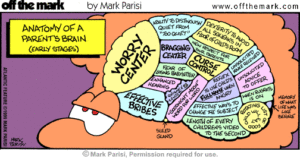 As this year comes to an end, I’ve been thinking a lot of the many families I’ve worked with over the past year and the families I’ve met and one thing has come across loud and clear: Parenting today is hard. Not only is it hard, but I hear you’re a fool if you think it was ever meant to be easy. I admit even I took it for granted when I looked around me to see the struggles so many families face on a day-to-day basis. When I see families struggling with sleep schedules, feeding schedules, breastfeeding troubles, discipline issues, daycare, and so on, I see how hard parenting today can be. There’s conflicting advice and just when you think something is working, you’re told you’re doing it all wrong and doubt creeps in and you start trying to follow what others tell you is right.
As this year comes to an end, I’ve been thinking a lot of the many families I’ve worked with over the past year and the families I’ve met and one thing has come across loud and clear: Parenting today is hard. Not only is it hard, but I hear you’re a fool if you think it was ever meant to be easy. I admit even I took it for granted when I looked around me to see the struggles so many families face on a day-to-day basis. When I see families struggling with sleep schedules, feeding schedules, breastfeeding troubles, discipline issues, daycare, and so on, I see how hard parenting today can be. There’s conflicting advice and just when you think something is working, you’re told you’re doing it all wrong and doubt creeps in and you start trying to follow what others tell you is right.
But here’s the thing: Parenting in and of itself isn’t supposed to be hard. We wouldn’t have survived or thrived if it were this hard. Parenting itself should be surprisingly easy. Survival more generally is hard.
Today survival isn’t really that hard. In response, we seem to have made parenting harder. One would think that once you got the survival part out of the way, parenting would be even easier, but sadly that’s not so. When we worried about making sure there was enough food, fighting off disease, fighting off predators, and so on, parenting was at its simplest. You breastfeed a baby on demand, sleep with said baby, likely carry baby around with you for a while, had older children play with younger (or family) as they aged, they took on responsibilities and learned by watching, you had help from other women to get what needs to get done, done, and so on.
I acknowledge this is a simplified version and there are variations between historical societies (and current) that would mean different things depending on the troubles you faced parenting. For example, if you couldn’t breastfeed, you may or may not have someone else to feed your baby depending on where you lived and the beliefs of that group on cross-nursing. As your child aged, you may or may not have lots of peers for your child to play with and other people to help raise and discipline (i.e., teach) your child as needed. Yet even within these variations, the primary ideas were simple: Keep your baby alive as best you can. The outcomes may have been harsher and more difficult to bear, but there was little concern with the minutia. If your baby woke seven times or would only sleep on you, these were not issues to be concerned with. If your baby nursed all day long, so be it. Understanding and accepting individual differences in babies and knowing that the survival of the group meant survival of the individual babies allowed for parents to do what was necessary and to be supported in doing so.
No schedules, no measuring, no worrying about bedtimes or the like. When we think of all the horror stories we’ve been told about what will happen if we don’t follow a laundry list of rules about how to raise our children in today’s modern, Western society, you can bet that pretty much none of it applied to our early ancestors (or even other cultures today). And here’s the kicker: These horrible things didn’t come to pass. Some children didn’t make it – a fate much worse – but not because of parenting, but rather because of other conditions outside the parenting realm. In fact, contrary to our modern thinking, this on-demand parenting created secure, independent children (and still does).
Too often we look at historical societies (especially hunter-gatherer ones which comprise the majority of human history) and dismiss them because of the threats to their survival. Why would we look at societies where people died at 30?* But we’re missing the point. Survival and parenting are separate areas of historical life broadly-speaking, but we can see a link we shouldn’t dismiss: If we know survival was hard, shouldn’t we accept that their parenting had to support even more independent and strong-willed children? For the continuation of the society depended on raising children that would survive these harsher conditions. Far from creating problems, this historical on-demand parenting seems to be exactly what we are programmed to need to thrive in some of the hardest conditions. Imagine how we’d thrive in easier conditions.
(*This was a tongue-in-cheek comment as it echoes what many people think, not stating a reality of a lifespan of 30. In fact, many hunter-gatherer societies show a larger proportion of deaths in childhood, but those that do live to adulthood often have good lifespans.)
But we don’t parent that way anymore. Even when people try, it is now truly hard to do so. The structure of our society is such that we no longer have the support. A parent is tasked with so much more today, despite the threats to our survival being less. Our babies need us. But we need to be the sole people taking care of a mini-society that is our family. We don’t have someone to do the dishes, prepare a meal as needed, or care for our child (without paying an arm and a leg). We have appointments that can’t be changed, bills that need to be paid, work that can’t be done flexibly, and ideas about what our children should be doing that have no basis in biology. We’ve set insane expectations for ourselves and our children and though the threats of survival are vastly diminished, we are unhappier and struggle more than ever before.
Parenting isn’t hard. Parenting in our society is.
What do we do? I don’t think there’s an answer that everyone can easily accept, but there is one: Change your expectations for yourself, your child, your family.
This is both radically easy and undeniably difficult. Think you need to do it all? Think again. You don’t. But that doesn’t mean you won’t be judged for it (unreasonably too) and it won’t require sacrifice from you. Be prepared for both. Self-care (if you even have the privilege to have it regularly at the moment) may become a weekly bath with a glass of wine instead of a night out with friends, the gym may get traded for a baby-friendly workout at home, and the many things you think you need you may find you can do without. The messy house, the kids that go to sleep at odd hours, not having much of a social life outside of work and family for a while (unless you find people who parent like you and recognize the need to be social with children), or the toddler latched to your breast or still taking a bottle will have everyone raising eyebrows and placing the blame for any of life’s woes at your feet because after all, you allowed it to happen. You will hear how awful your children will be – or perhaps already are when they don’t fit society’s expectations – and you will have to have the internal strength of steel to let it slide off you. If you can do this, you will find parenting itself becomes much easier, even if not typical for our society. This may not be what you want – and that’s okay – but outside of joining a commune where we actually have each other’s backs, this is the way forward.
I hope you can find peace in your parenting choices and peace in changing expectations. It would be a beautiful thing to see more families enjoying parenting (and sharing that joy with other families) instead of fighting to make their families fit society’s expectations. Who knows, it may even lead to more support as we share in the joy others have in their parenting journey.


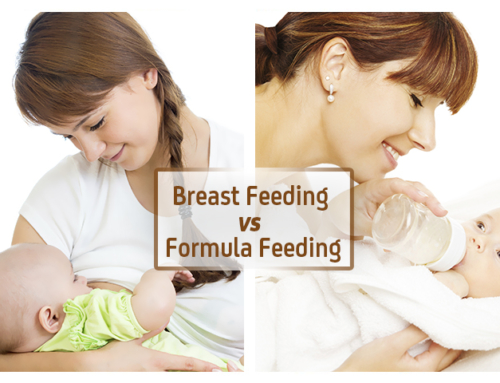
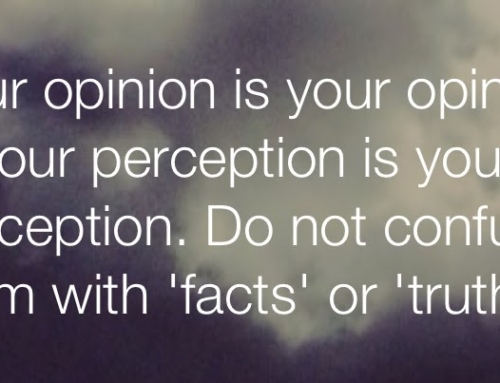
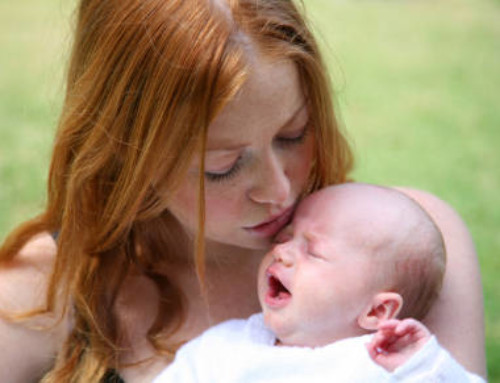
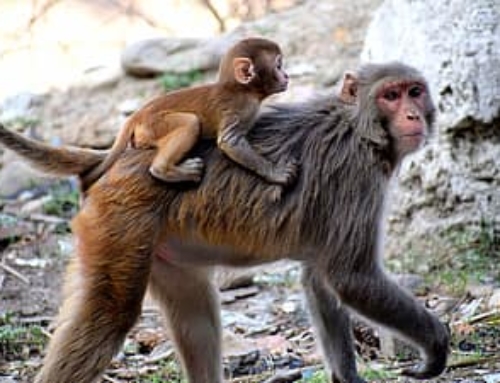
True, we should have more fun while parenting… But hunter-gatherers raised their children to hunt, harvest, cook, provide, and few more tasks. We raise our children for an unknown, uncertain and very demanding future life, job, society etc.
Fun is the wrong word though. I wasn’t saying it needs to be more “fun” but that it really ought not to be as hard as it is.
Yes, this resonates with me so much. I have often complained about how our society is not family friendly and that kids don’t need to be either the center of the universe or have every moment structured. Love your babies, snuggle & feed them at night, let them explore their world safely during the day. Thank you for the rational/scientific approach you bring to these topics.
I sort of fell into this parenting ‘style’ by listening to my instincts and would love to find other moms/parents to spend time with who parent the same way…do you have any suggestions on finding these parents??
It depends on where you live, but there are lots of communities online that are geared geographically. If you can search on FB or something, you may find something!